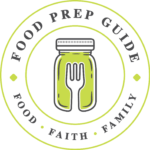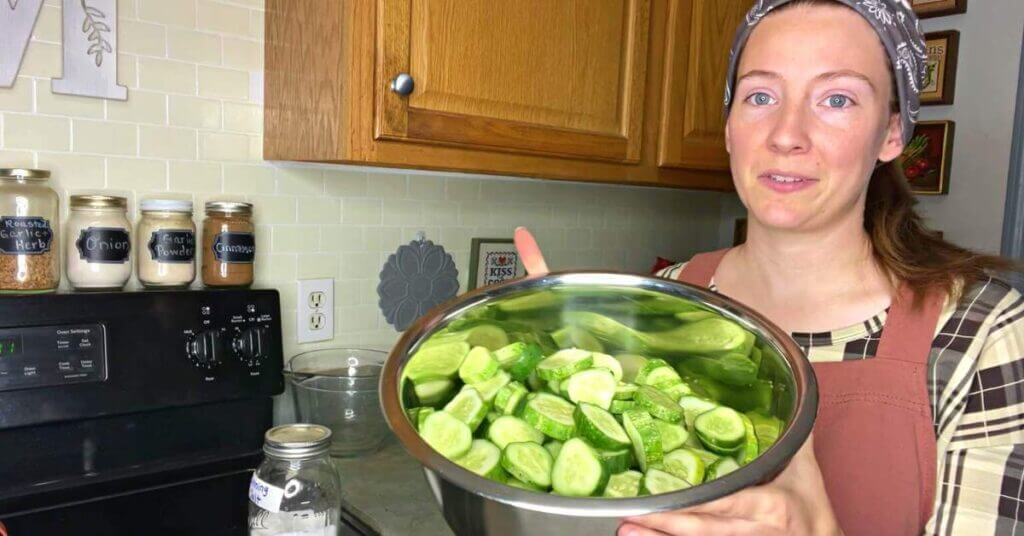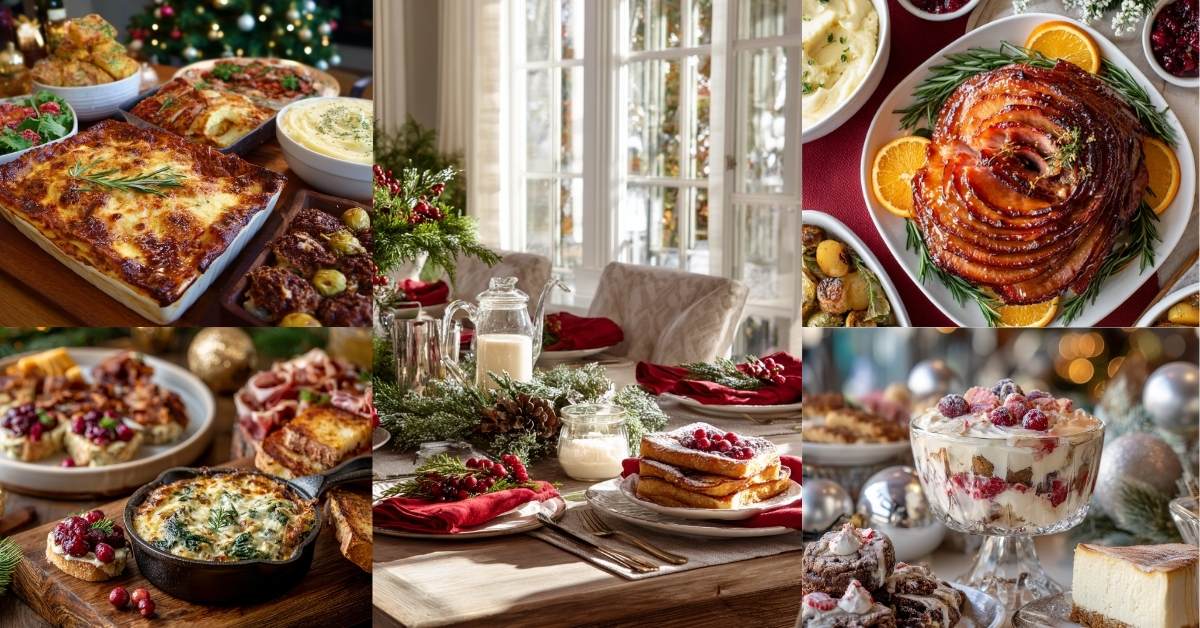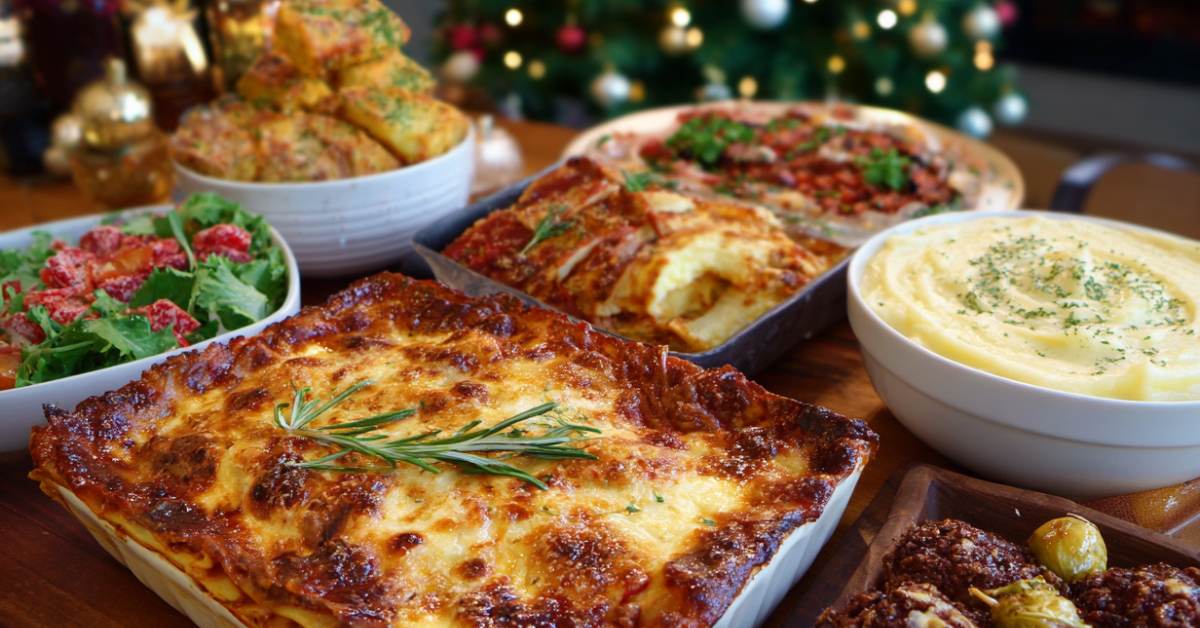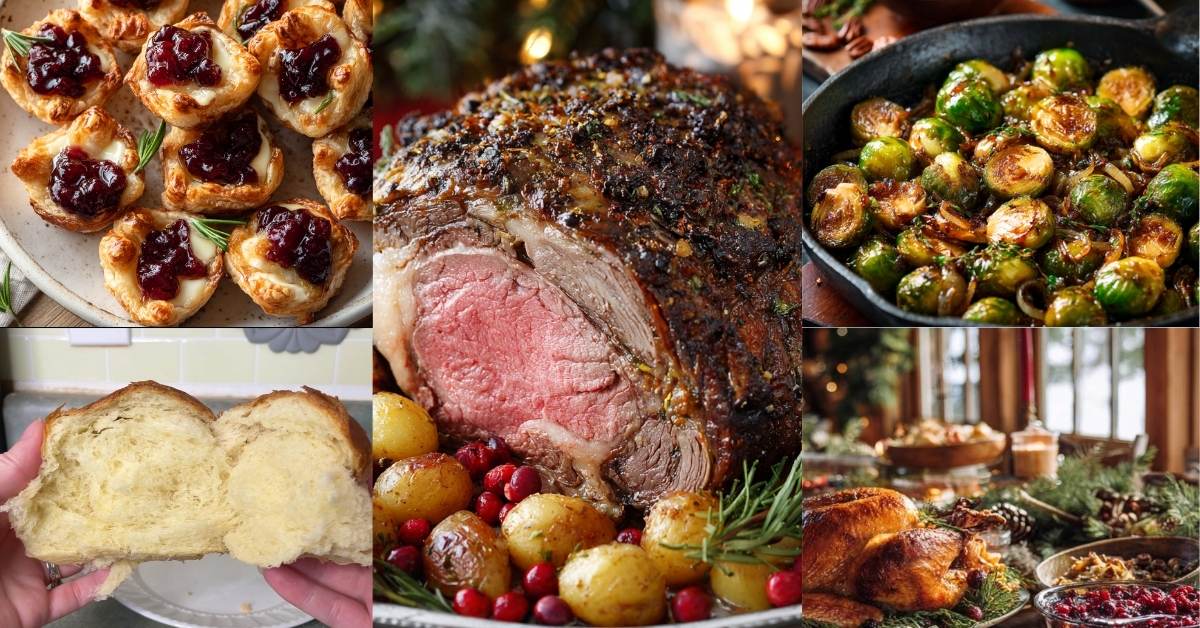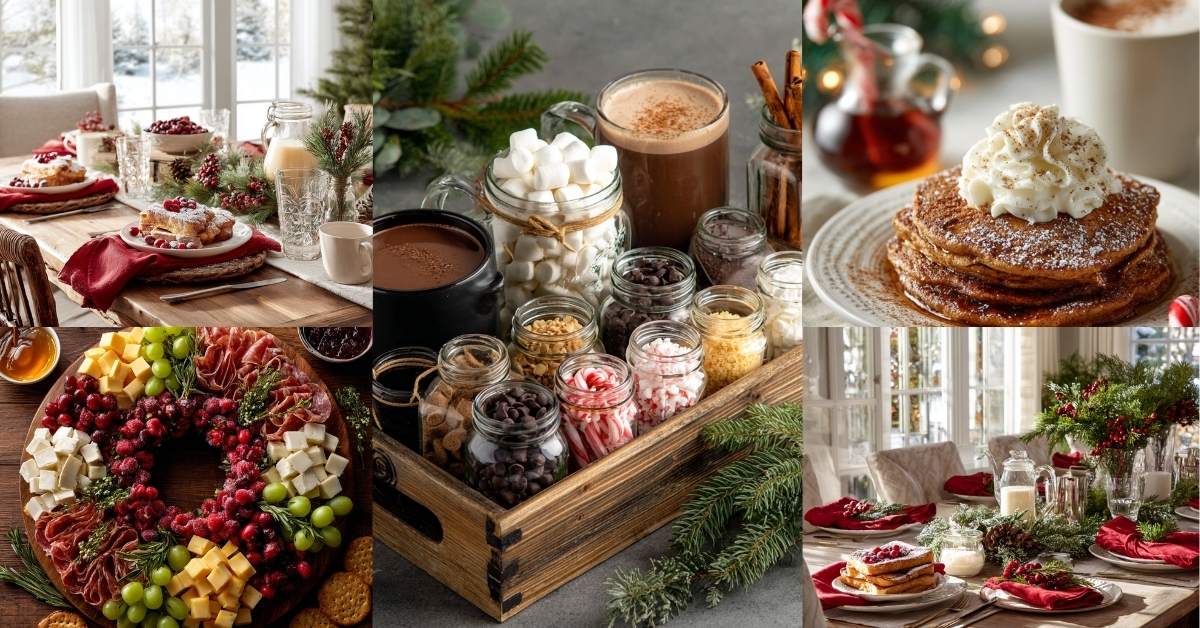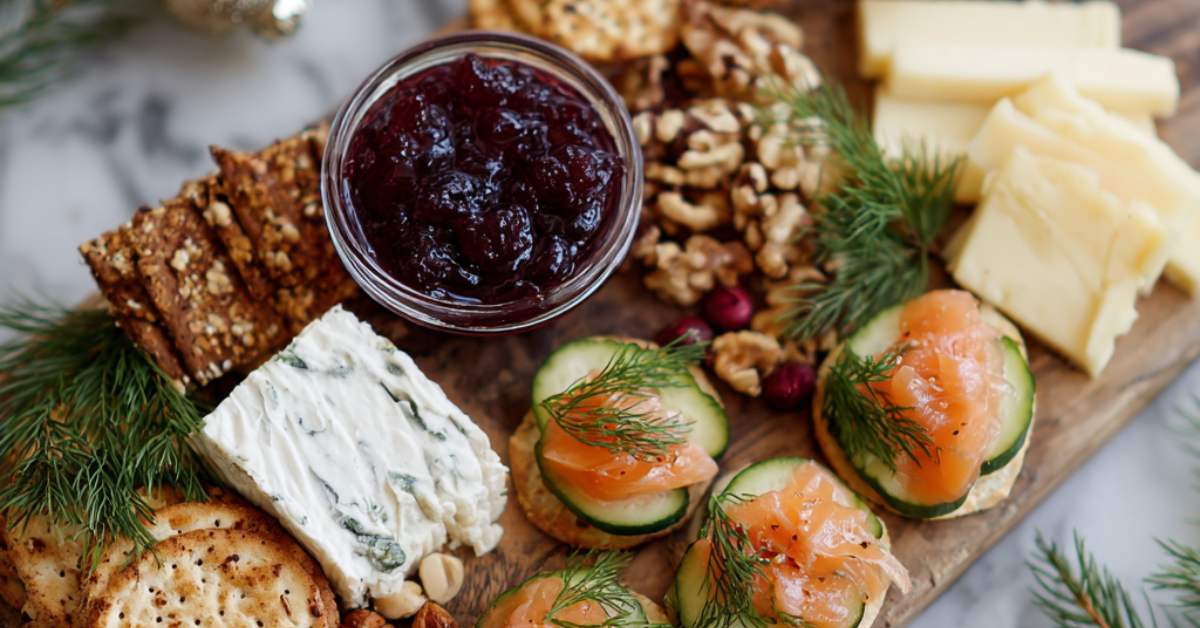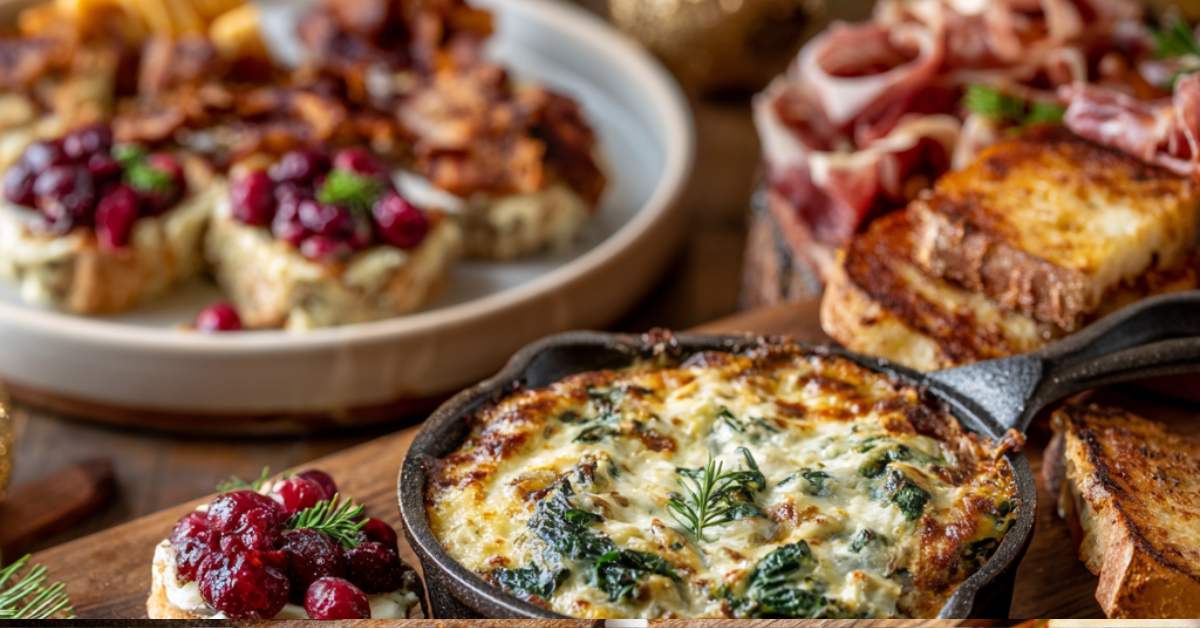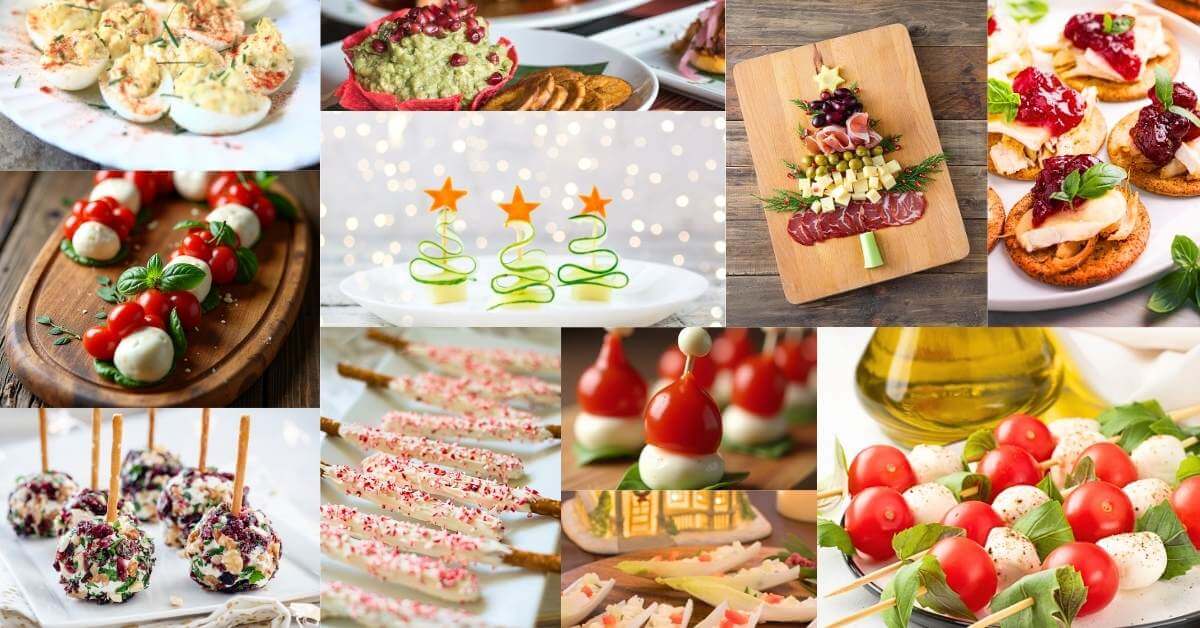Pickling cucumbers is a wonderful way to enjoy a crisp, tangy, and refreshing snack all year round.
But with so many cucumber varieties available, how do you choose the best ones for pickling?
Fear not, as we dive into the world of cucumbers to help you find the top varieties that will transform into delicious pickles with ease!
Selecting the right cucumber is key for a successful pickling adventure. The best cucumbers for pickling are typically smaller, with fewer seeds and a crunchier texture.
Some popular varieties include:
- Boston Pickling
- County Fair
- Parisian Pickling
- Kirby cucumbers
Prices pulled from the Amazon Product Advertising API on:
Product prices and availability are accurate as of the date/time indicated and are subject to change. Any price and availability information displayed on [relevant Amazon Site(s), as applicable] at the time of purchase will apply to the purchase of this product.
Growing and harvesting your own cucumbers for pickling can be a fun and rewarding process. To ensure healthy and abundant crops, pay attention to plant spacing, disease resistance, and the specific growing habits of each variety.
We’ll talk more about that below.
Understanding Pickling
Basics of Pickling
Pickling is a preservation method that involves immersing cucumbers in a pickling brine, which usually includes vinegar, salt, and an assortment of spices and flavorings.
The process not only extends the shelf life of cucumbers but also imparts a tangy, slightly sour taste.
The pickling brine typically includes:
- Vinegar: A crucial ingredient for acidity, which preserves the cucumbers and inhibits growth of harmful bacteria. White vinegar is a common choice, although other types of vinegar can be used for varying flavors. Always use vinegar diluted to 5% acidity.
- Salt: Pickling salt or kosher salt is ideal for maintaining crispness due to their purity and lack of anti-caking agents present in table salt. Salt also contributes to the overall flavor and preservation.
- Sugar: Optional sweetening ingredients that balance the tangy flavors, often used in recipes for bread-and-butter pickles.
- Spices and Flavorings: Mustard seeds, peppercorns, and garlic are commonly added to impart distinct flavor profiles. Other herbs and pickling spices can also be used according to taste preferences.
When preparing cucumbers for pickling, ensure they are cleaned thoroughly, and trim off both ends and any damaged parts.
Read this post to learn how to pickle cucumbers for delicious pickles.
Types of Pickling Cucumbers
Some popular pickling cucumber varieties include:
-
Boston Pickling: This heirloom cucumber variety is known for its excellent flavor, crispness, and big production. They grow between 3 to 7 inches long and have the advantage of withstanding disease. Boston pickling cucumbers are great for making dill or sweet pickles due to their ability to absorb spices.
-
Calypso: This is another popular cucumber type for pickling. It is characterized by its smaller size and high yield, making it perfect for growing in your garden.
-
Kirby Cucumbers: These cucumbers are small and have fewer seeds, making them easy to pickle. They offer a tangy and slightly sour taste that many people enjoy as a healthy snack.
-
Homemade Pickles: As the name suggests, these cucumbers are explicitly bred for pickling purposes. They typically range from 1-1/2 to 6 inches long and have firm, dry flesh, ensuring a crunchy texture even after a lengthy brining process.
-
National Pickling: These cucumbers are also bred for pickling and, like the other mentioned varieties, have firm and dry flesh to retain their crunchiness. National Pickling cucumbers can be found in lengths ranging from a few inches to half a foot, providing options for different sizes of pickles.
Growing Cucumbers for Pickling
Interested in growing your own pickling cucumbers? Here are our best tips.
Cultivating
When choosing cucumber varieties for pickling, consider those with firm, dry flesh that maintains crunchiness even after a long brine. We’ve already discussed several wonderful options.
Other varieties such as Bush Pickle Hybrid are perfect for container gardens, as they grow to only about 18 inches in length and produce compact, bushy plants.
To promote a healthy harvest, you can grow your cucumbers on a trellis. This method elevates the fruits off the ground, leading to better airflow and less risk of disease.
I always trellis my Boston Pickling and National Pickling cucumbers.
Harvesting
Timing is crucial when harvesting cucumbers for pickling. It’s best to pick the fruits when they are still small, between 1½ to 5 inches long.
Smaller cucumbers tend to have a firmer texture and thinner skins, which make them ideal for pickling.
In general, pickling cucumbers should be harvested frequently, as regular picking encourages continuous fruit production.
You’ll want to inspect your plants closely as the green color blends right in with the plants’ leaves.
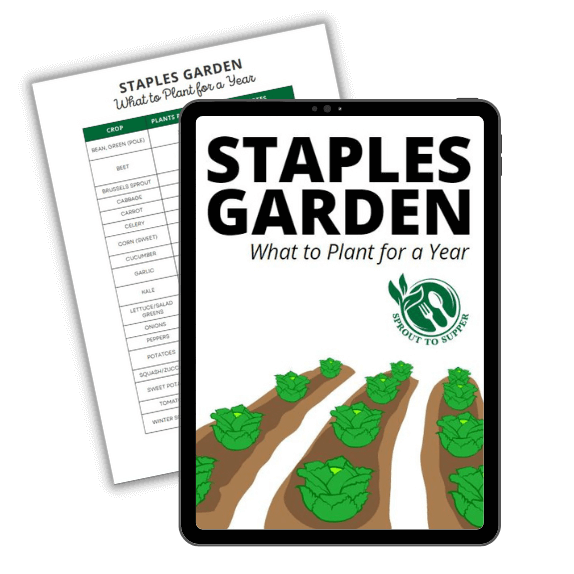
Dream of Filling Your Pantry with Homegrown Staples?
Plan your garden with our FREE PRINTABLE—Staples Garden: What to Plant to Feed Your Family for a Year!
Frequently Asked Questions
What type of cucumbers are ideal for pickling?
Pickling cucumbers are specially grown for the purpose of pickling, as they are smaller and have a crisper texture compared to slicing cucumbers. Their texture and flavor remain intact even after pickling. Look for cucumbers with firm, dry flesh, measuring between 1.5 to 5 inches in length, for the best pickling results.
Which cucumber varieties yield the crunchiest pickles?
For the crunchiest pickles, Boston Pickling and Calypso cucumbers are excellent choices. Boston Pickling cucumbers are small heirloom varieties with a great capacity to withstand disease. They also soak up spices well, making them suitable for both dill and sweet pickles.
Can I use store-bought cucumbers for pickling?
Yes, you can use store-bought cucumbers for pickling, but for optimal results, try to find smaller pickling varieties such as Kirby or Gherkin. Avoid using larger, salad-type cucumbers, as they don’t hold up as well to pickling.
Are mini cucumbers good for pickling?
Mini cucumbers, like the Mini-English variety, can be good for pickling due to their size, crispness, and flavor. Just make sure to choose firm, unblemished cucumbers for the best pickling results.
